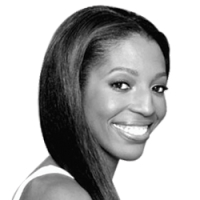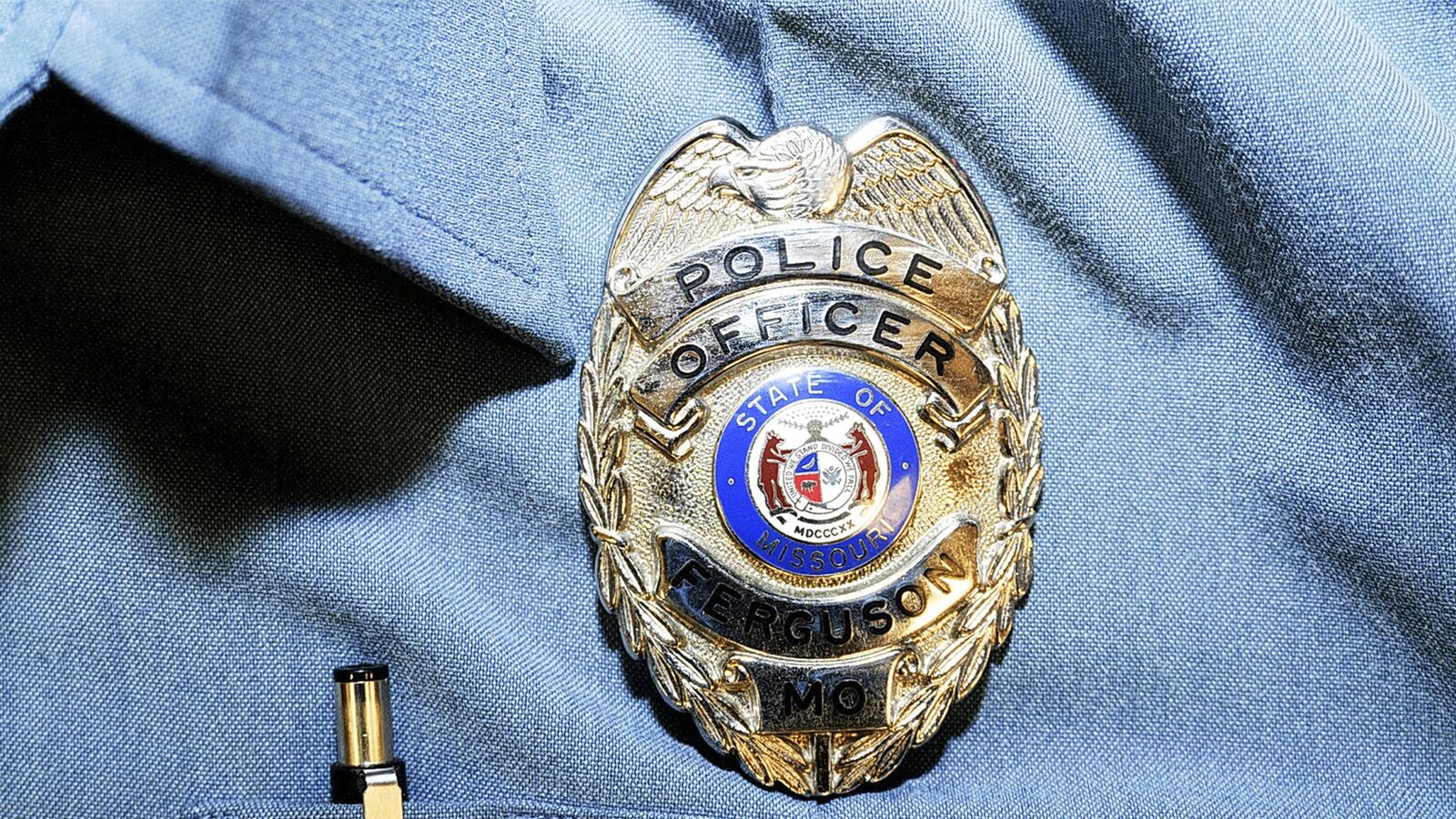When a photo emerged of white Police Sergeant Bret Barnum hugging 12 year-old Devonte Hart, who is black, during a Ferguson inspired protest, it immediately went viral. The reason? Because it provided such a striking contrast to recent images of police—particularly when it comes to their interactions with African American males—from the shooting of unarmed teen Michael Brown to the even more recent shooting of unarmed 12-year-old Tamir Rice. The role of race in these cases and those of other unarmed black men has been debated at length. But what is not up for debate is the lack of diversity among law enforcement. And I don’t simply mean racial diversity.The sad truth is that we as a society don’t expect, nor do we encourage, our best and our brightest to become police officers. Young people who are perceived as smart and compassionate, and who exhibit leadership qualities are encouraged to go into politics, the non-profit world, possibly business, or perhaps law, but only to become lawyers. Rarely, if ever, are they encouraged to wear a badge. This reality crystallized for me when I was discussing an allegation of police brutality with a friend who is white, male, rich, and tilts conservative. He told me he feared the police, something I found hard to believe. His reasoning? “Every time I’ve ever been pulled over I remind myself I’m dealing with a high school dropout with a gun.” His words.
For the record, no I don’t think of police officers that way. I know there are police officers who are kind, compassionate, and smart. I’ve been helped by officers who fit that description. But I also know there are officers who are not. There are those who chose their profession so they could protect and serve, while others chose it because they’ve always been bullies and being a police officer is one of the few professions in which you appear to be rewarded for being one.In light of the Michael Brown shooting, others have come forward to share their own stories of bullying, and harassment by police. Statistician Nate Silver, who is white, was widely ridiculed for tweeting about his experience of being briefly locked up. The criticism Silver elicited for being somewhat tone deaf ultimately overshadowed what seemed like a pretty legitimate story about abuse of power. Which brings me back to the diversity issue.
It is worth noting that according to reports, despite the fact that Ferguson, Missouri’s population is 67 percent black, only 5.6 percent of the police force is. Perhaps surprisingly, the most recent studies have found that racial bias does not influence whom officers shoot—at least not in the way many of us assumed. While the video game studies (which you can read about here) found that those in the general public are substantially more likely to simulate shooting if the unarmed suspect is black, when the game was tried by members of law enforcement they were less likely to commit similar race based errors.
But recent studies have also found significant racial bias in whom officers stop—whether in a car or simply walking down the street. The statistics regarding New York’s infamous “stop and frisk” program were particularly troubling. Nine out of 10 of those stopped and frisked were completely innocent, according to the NYPD’s own data, and 88 percent of those stopped and frisked were black or Latino. That means that while officers may not intentionally set out to shoot unarmed minorities at greater rates, the stage is set for such tragedy due to the unconscious bias they engage in beforehand.Which is why who chooses to become a police officer in the first place is just as much a part of the issue as what happens after he or she is on the job. And yet the majority of those in law enforcement fit a profile that is not diverse: usually white, usually male, and usually lacking a college degree.I want to be clear. I am not one of those people who believe that anyone with a college degree is by definition smarter than those without one. My grandmother lacks a high school diploma but is full of more wisdom, and more financial sense, than a lot of people I know. But I also believe that having too much of the same worldview is rarely a good thing. I would question the effectiveness of a police department that was comprised entirely of Ivy leaguers in the same way I question the effectiveness of a police department comprised almost entirely of those who haven’t set foot on a college campus. For instance, think of how often police officers come into contact with college students during a protest. Wouldn’t it make sense that an officer may react differently if he had actually been in the shoes of a college student before? Furthermore, data confirm a connection between education level and police behavior.
According to a 2006 report by USA Today, “In an analysis of disciplinary cases against Florida cops from 1997 to 2002, the International Association of Chiefs of Police found that officers with only high school educations were the subjects of 75% of all disciplinary actions. Officers with four-year degrees accounted for 11% of such actions.”
Police Chief Magazine similarly published findings that indicate that officers with bachelor of arts degrees performed on par with officers who had 10 years’ additional experience. And yet police departments have struggled to toughen up their educational requirements in part because recruiters are concerned that the relatively low pay offered by most entry-level law enforcement jobs would not be enough to attract college graduates. (According to the Bureau of Labor Statistics, the median salary of those on the police force nationwide is $56,980, but that number includes the highest paid detectives.) Of course this is another part of the problem. We want men and women in law enforcement who treat their jobs as police officers, as what they are: some of the most important jobs in our country that carry a great responsibility. Yet we pay them on par with postal workers.After George Zimmerman was acquitted of killing Trayvon Martin many people wondered what they could do to make a difference in the aftermath. Tweeting is fine. Marching is great. But as I wrote at the time, actually showing up for jury duty is even better. So many of us complain about verdicts after the fact, but just as many of us have an endless array of excuses regarding why we are too busy to serve. Similarly, so many of us criticize law enforcement—and often rightly so—but how many of us have encouraged a good man or woman we know to serve? Only when we change the face of America’s police force will we see a decrease in the tragedies that have become all too common.






